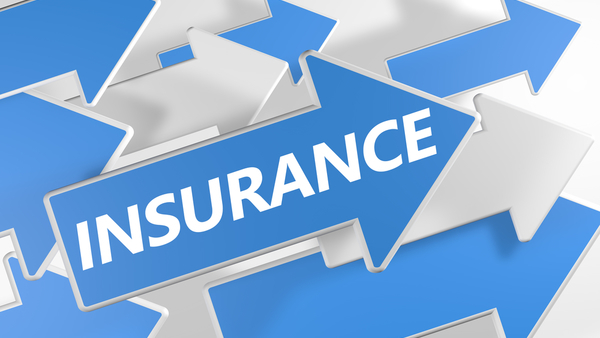Insurance
Consolidated bill pegs insurance capital at N8bn, N10bn, N20bn

In spite efforts by some individuals to thwart the recapitalisation of the insurance sector, operators will still need to raise their capital to N8 billion; N10 and N18 billion immediately the consolidated bill transforms to an Act.
Data obtained from the bill revealed that no insurer shall carry on insurance business in Nigeria unless the insurer has and maintained while carrying on that business, a paid-up share capital of; not less than N8 billion for life insurance business; non-life insurance, not less than N10 billion and reinsurance business, not less than N20 billion.
“The paid-up share capital stipulated in subsection (1) of this section in the case of an existing insurer shall come into force on the expiration of a period of 9 months from the date of commencement of this Bill;” the bill reads.
Schedule V of the bill fails to give much attention to risk-based capital which the Nigerian Insurers Association (NIA) is eyeing as the suitable capital structure for the sector. The bill only empowers the National Insurance Commission (NAICOM) to from time-to-time determine the risk-based requirements for the industry.
The NIA had recently declared its preference for risk-based based capital structure and asked the National Assembly to infused and promote it in the Insurance Industry consolidated bill.
Chairman of the Association Ganiyu Musa, said in adopting risk-based Capital adequacy template, the Association took cognizance of the need to consider insurance risk, market risk, credit risk, and operational risk as well as the need to apply such capital charges on assets and liabilities (all capital resources inclusive).
He hinged the Association’s position on the 2013 IMF Report on the Nigerian Insurance Industry which prescribed the risk-based capital model as most suitable for the Nigerian Insurance market.
According to him, the IMF report was duly acknowledged and admitted by the National Insurance Commission (NAICOM) as the right capital framework for the market as it seeks to limit the capital required by operators to the level of risks they can carry.
When the Bill is eventually signed into law in line with this proposal, it will lay to rest, the contentious issue of the definition of capital which has been a major point of the Association’s engagements with the Commission during the ongoing recapitalization exercise.
“We are convinced that risk-based capital adequacy template is the best fit for the insurance industry in Nigeria especially given the fact that the 2013 IMF Report has prescribed it and the Commission agreed with it,” he stated.
This will also align the definition of Insurance with the various positions such as IAIS recommendations, ICP 17 on Capital Adequacy; European Union Directives On Minimum Capital Requirement; OSSFI (Canada); APRA (Australia Prudential Regulatory Authority); SAM (Solvency Assessment Management) South Africa; Kenyan Model and Malaysian Model.
The IMF peer review report on the Insurance industry in Nigeria 2013, observed that the Nigeria Insurance Industry was over-capitalized relative to other developing countries and recommended that the regulator should review the excessive capital requirement when adopting a risk-based capital framework.
Director-General of the Association, Mrs Yetunde Ilori, emphasized that risk-based capital is the direction to go if the insurance industry is to attract the right investment and increase insurance contribution to the Gross Domestic Product (GDP).
She expressed the hope that that given the fact that the insurance companies are searching for funds to capitalize their operations, adopting this definition will make the insurance industry in Nigeria attractive to investors and save about N77 billion payout as cost of recapitalizing.




 Davido's Net Worth & Lifestyle
Davido's Net Worth & Lifestyle 
